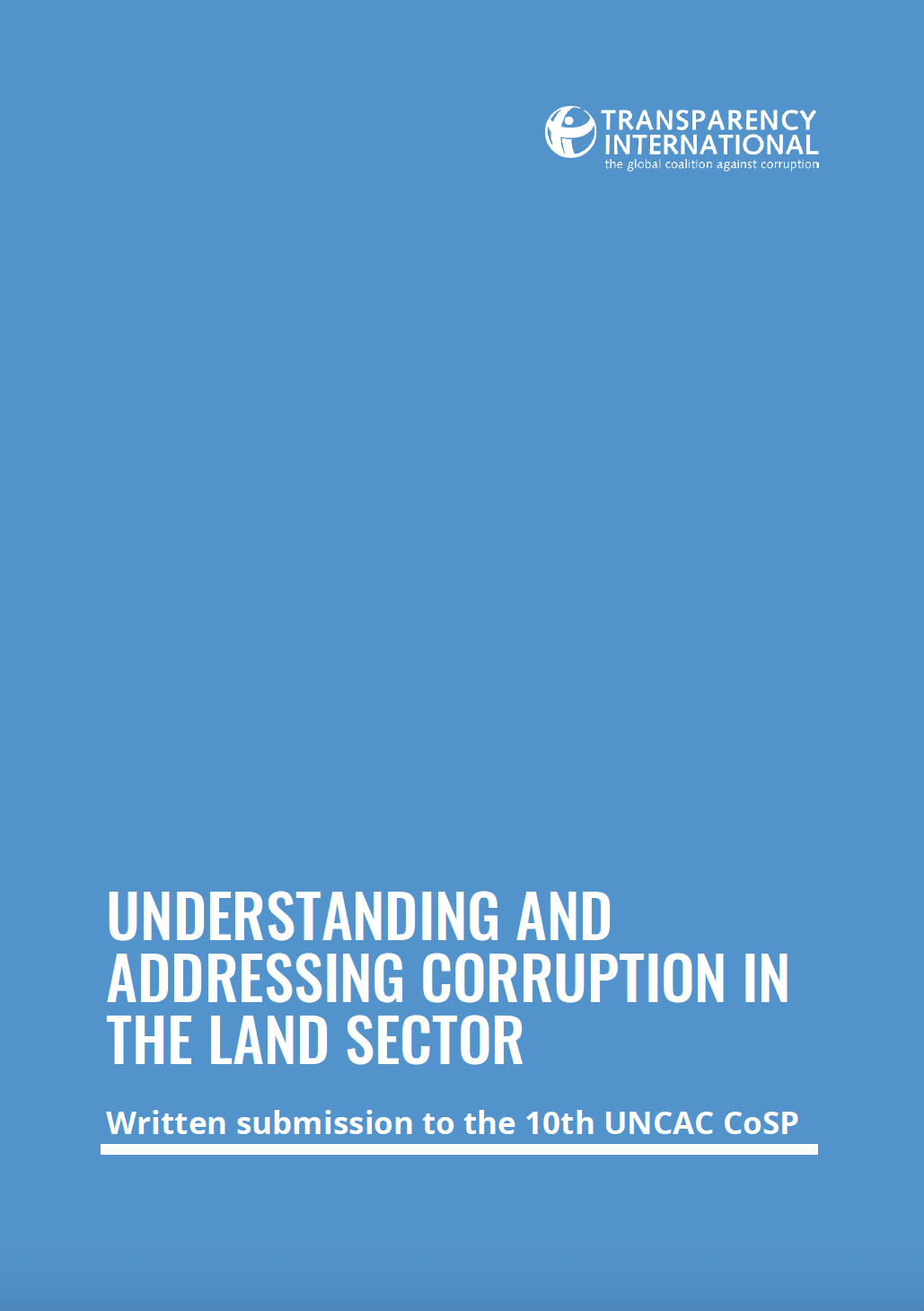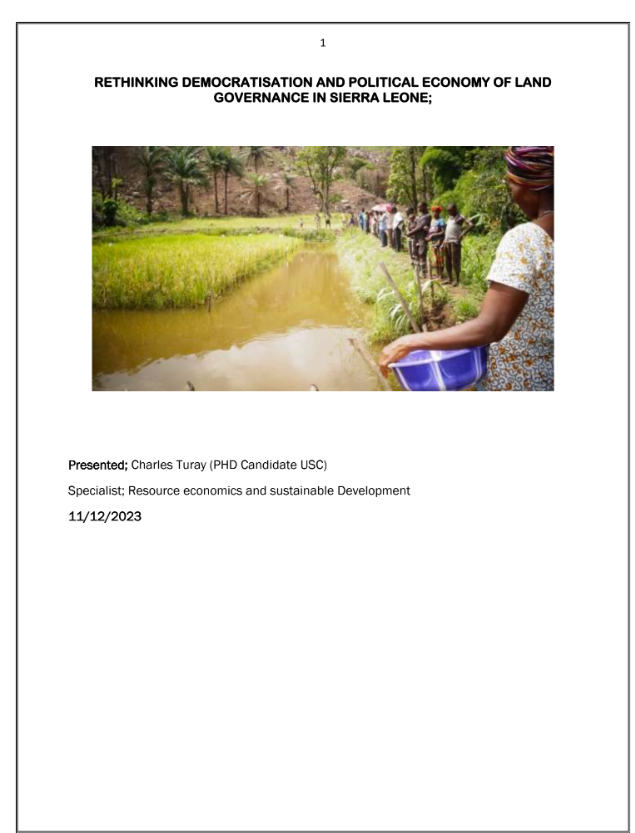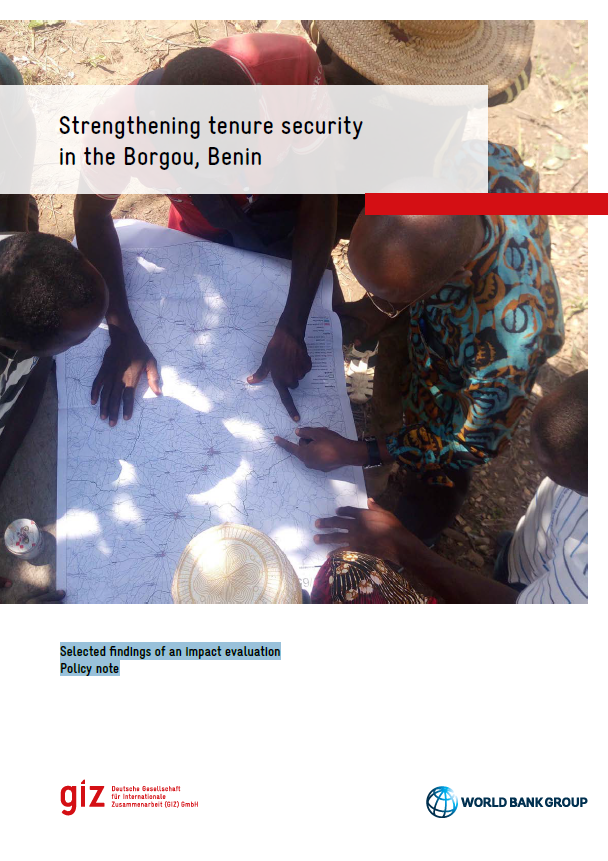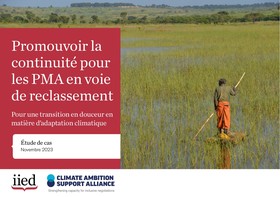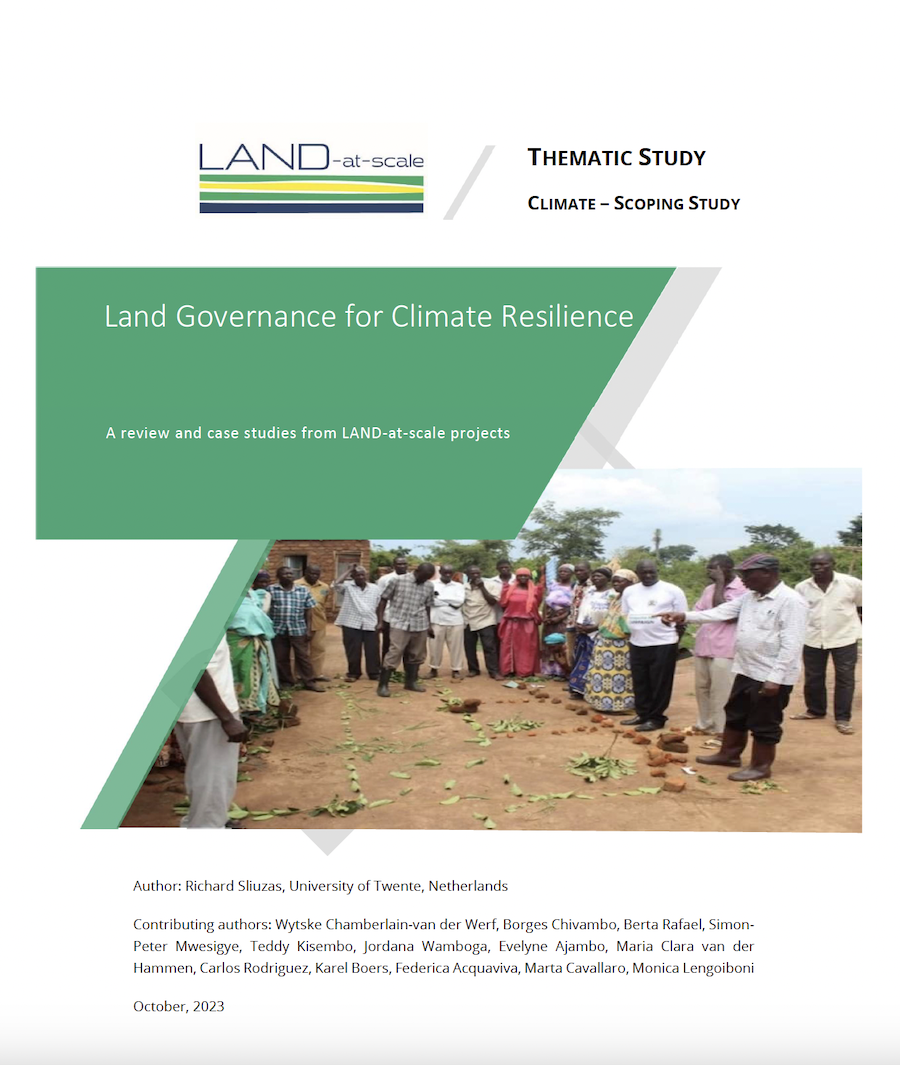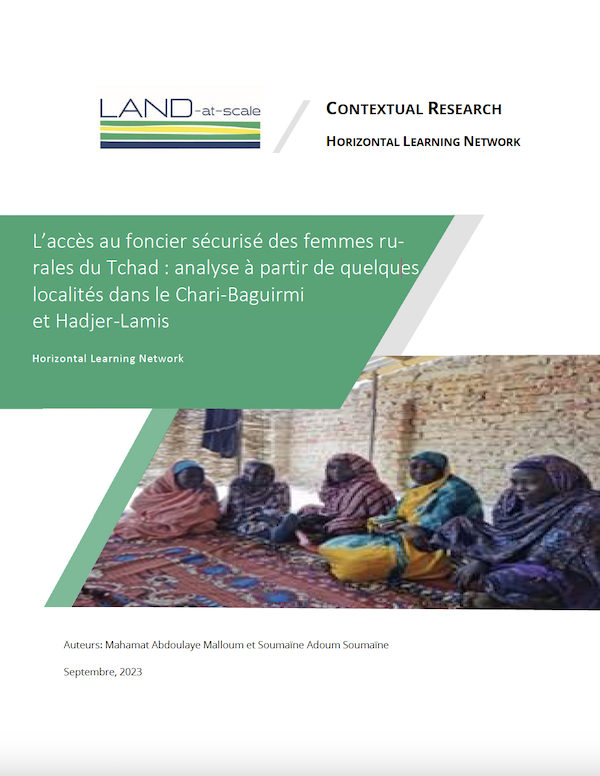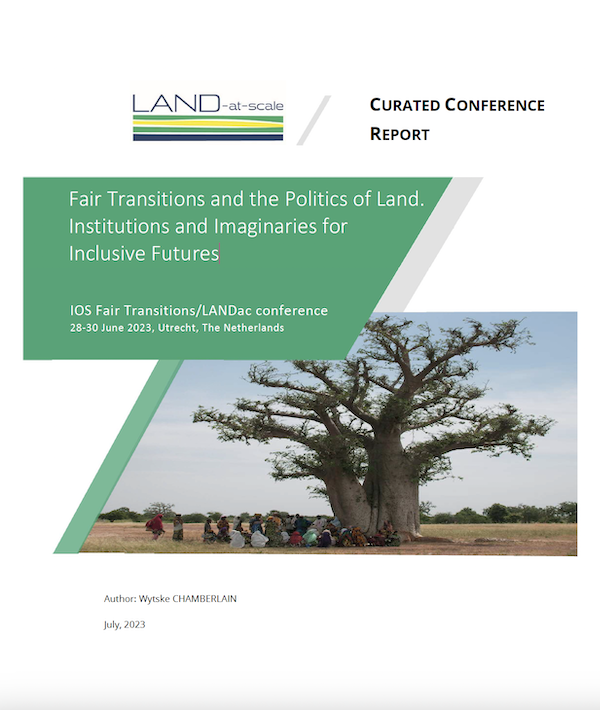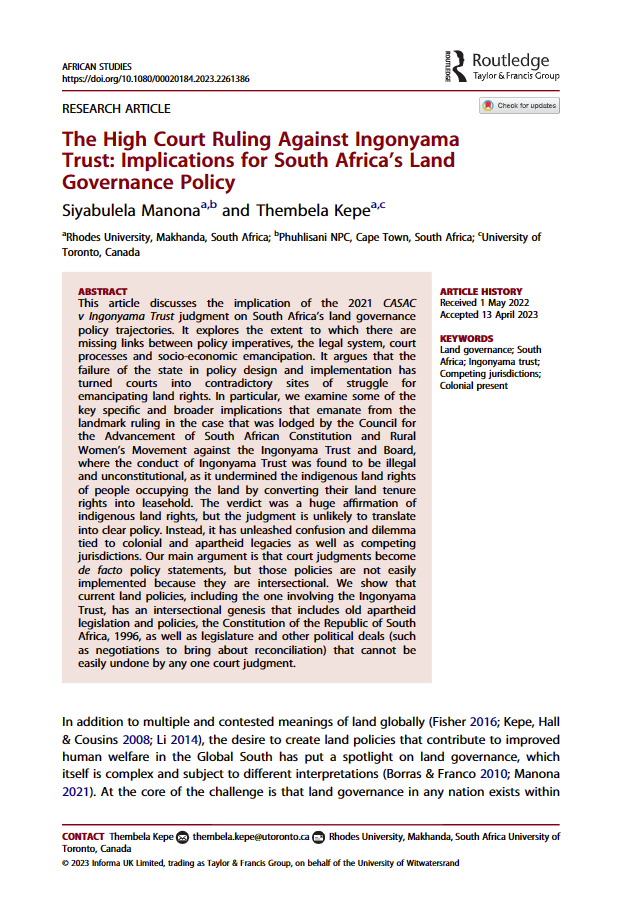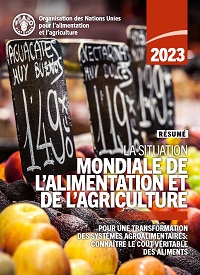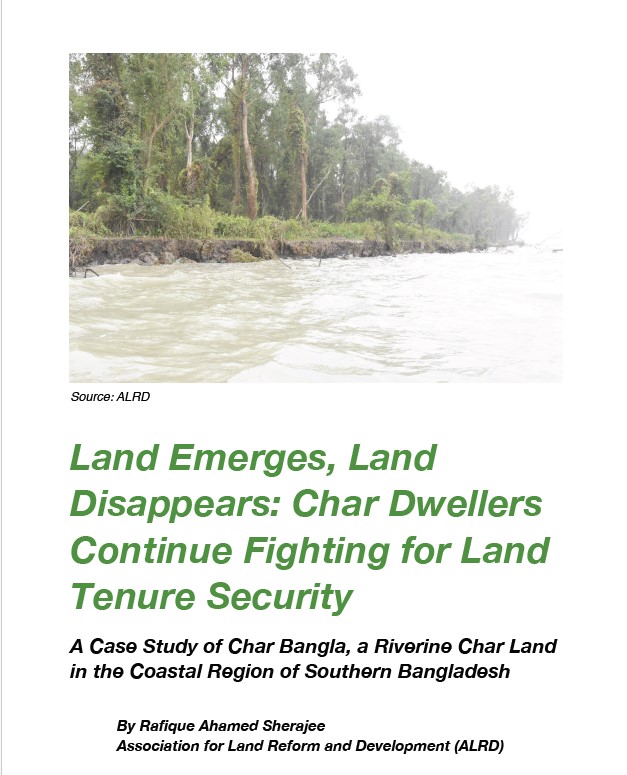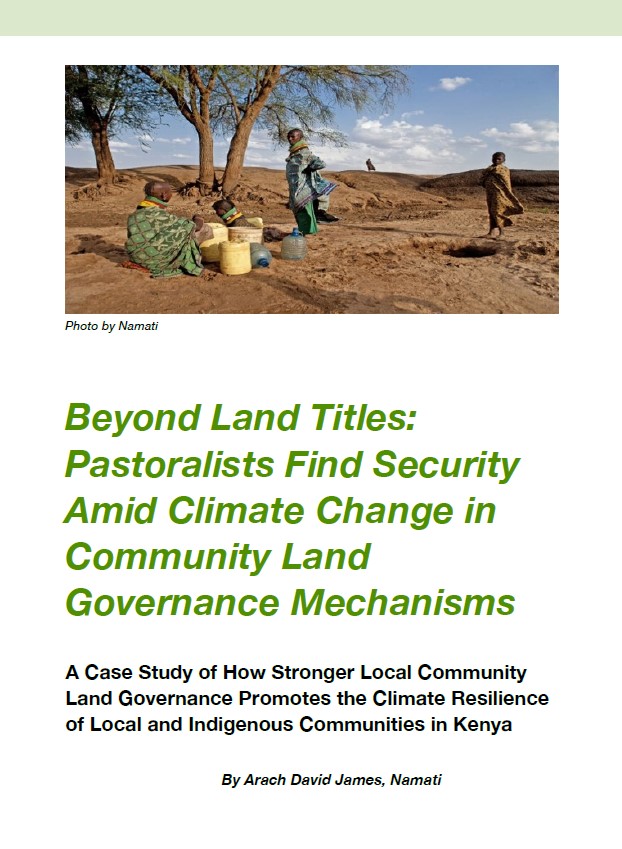Understanding and Addressing Corruption in the Land Sector
Land corruption – corrupt practices in the land sector – threatens the lives and livelihoods of people and communities, the environment and climate, food security and political stability. Its impacts are particularly acute for 2.5 billion people who live on and from the land. Addressing it requires a dedicated focus and assessment of land related institutions across different national contexts.

